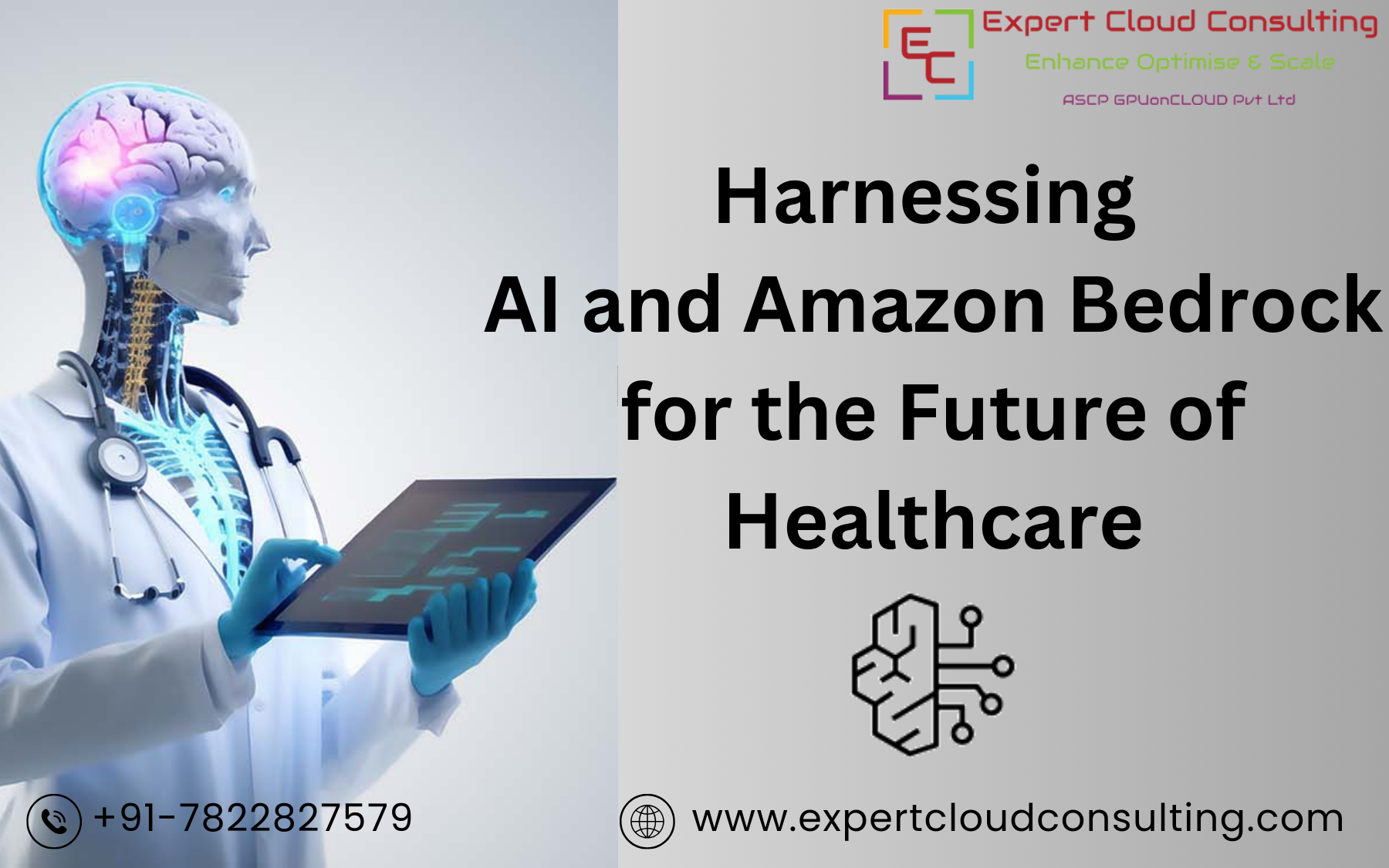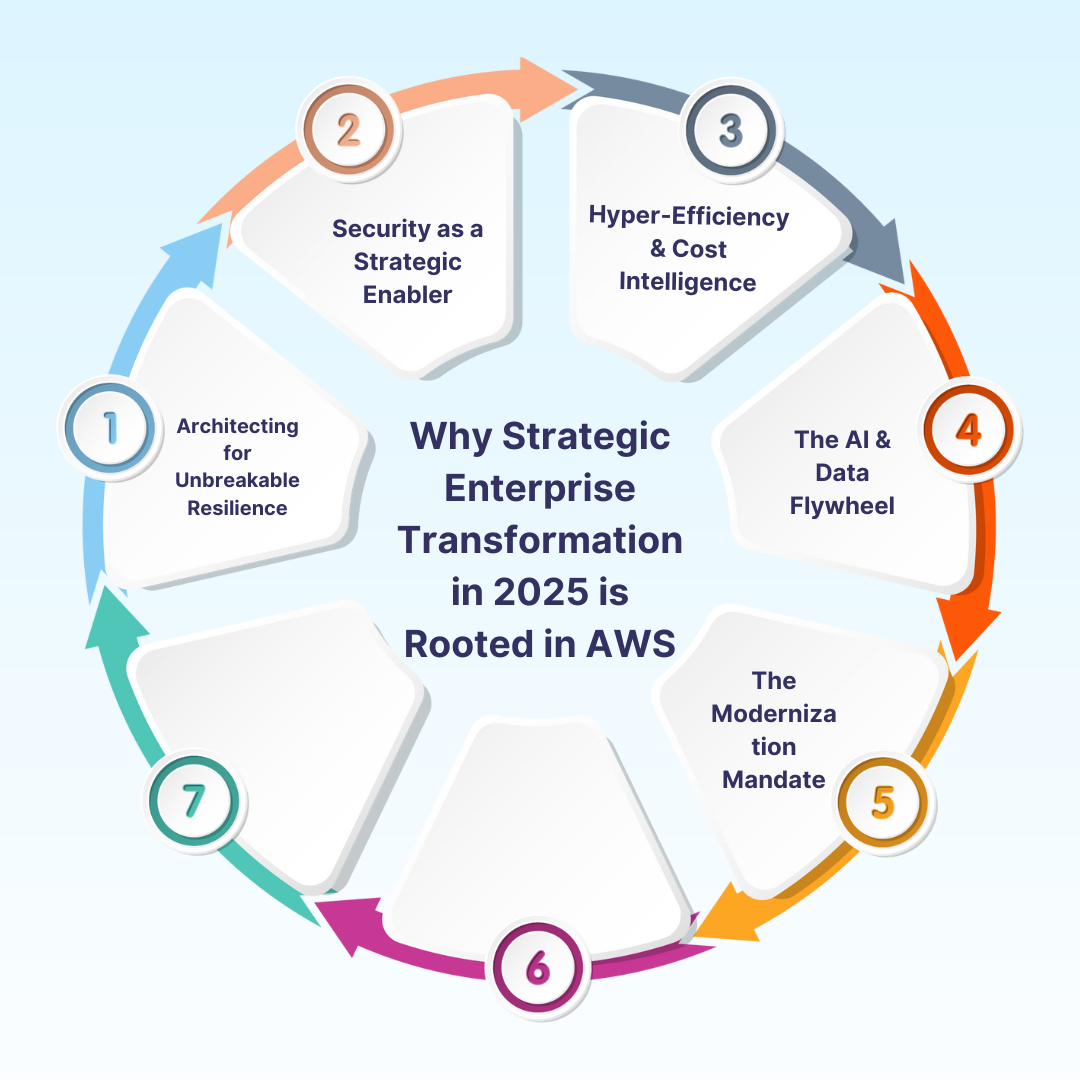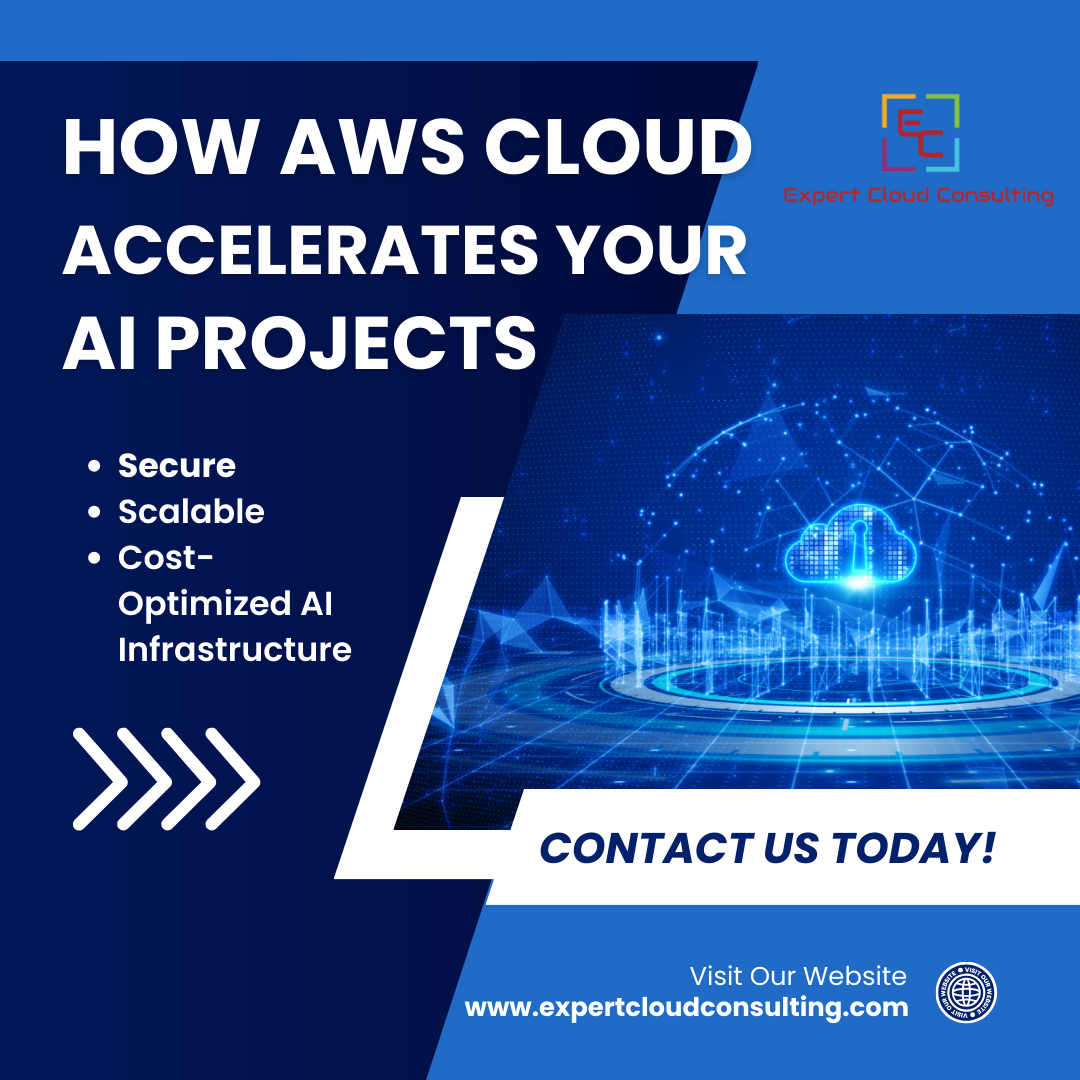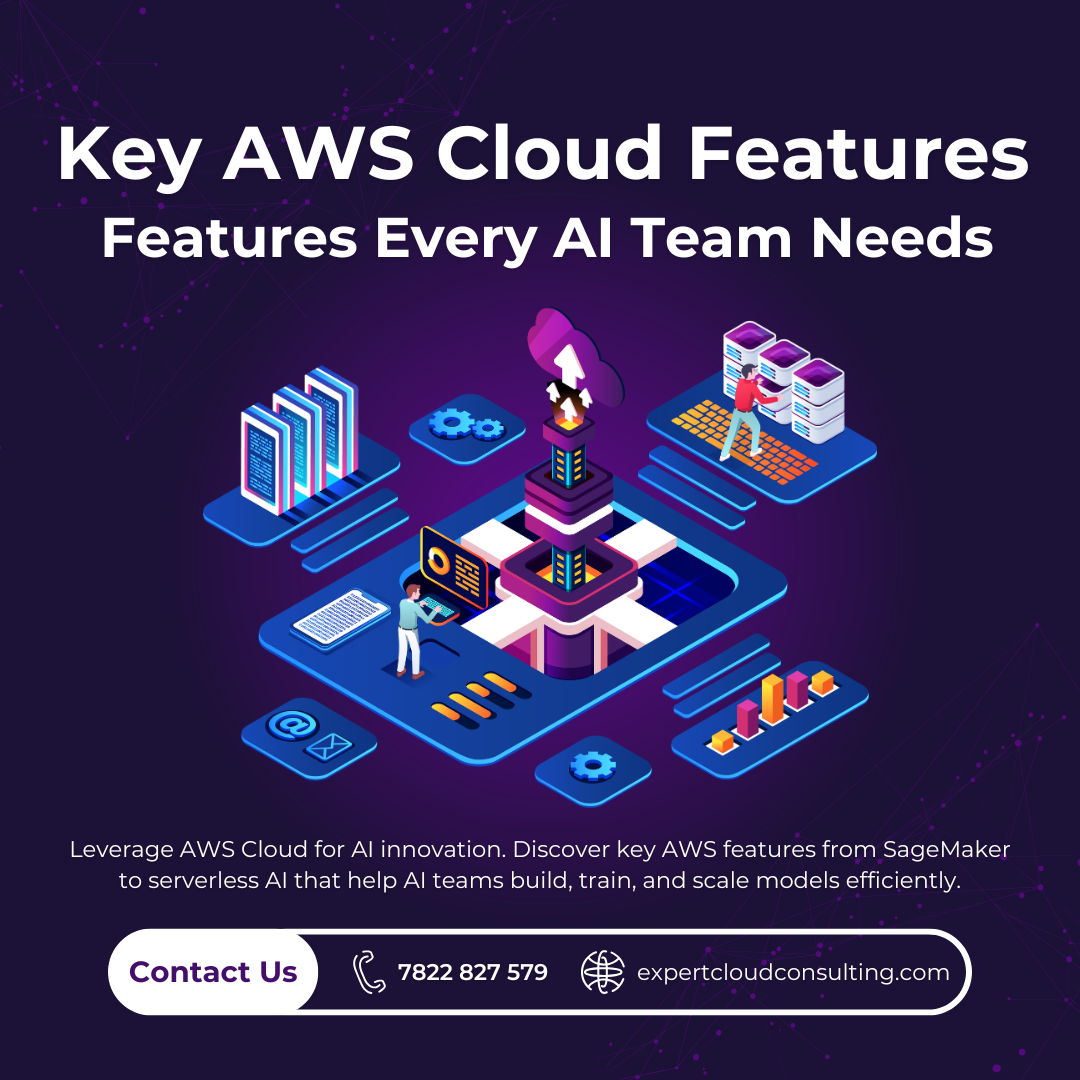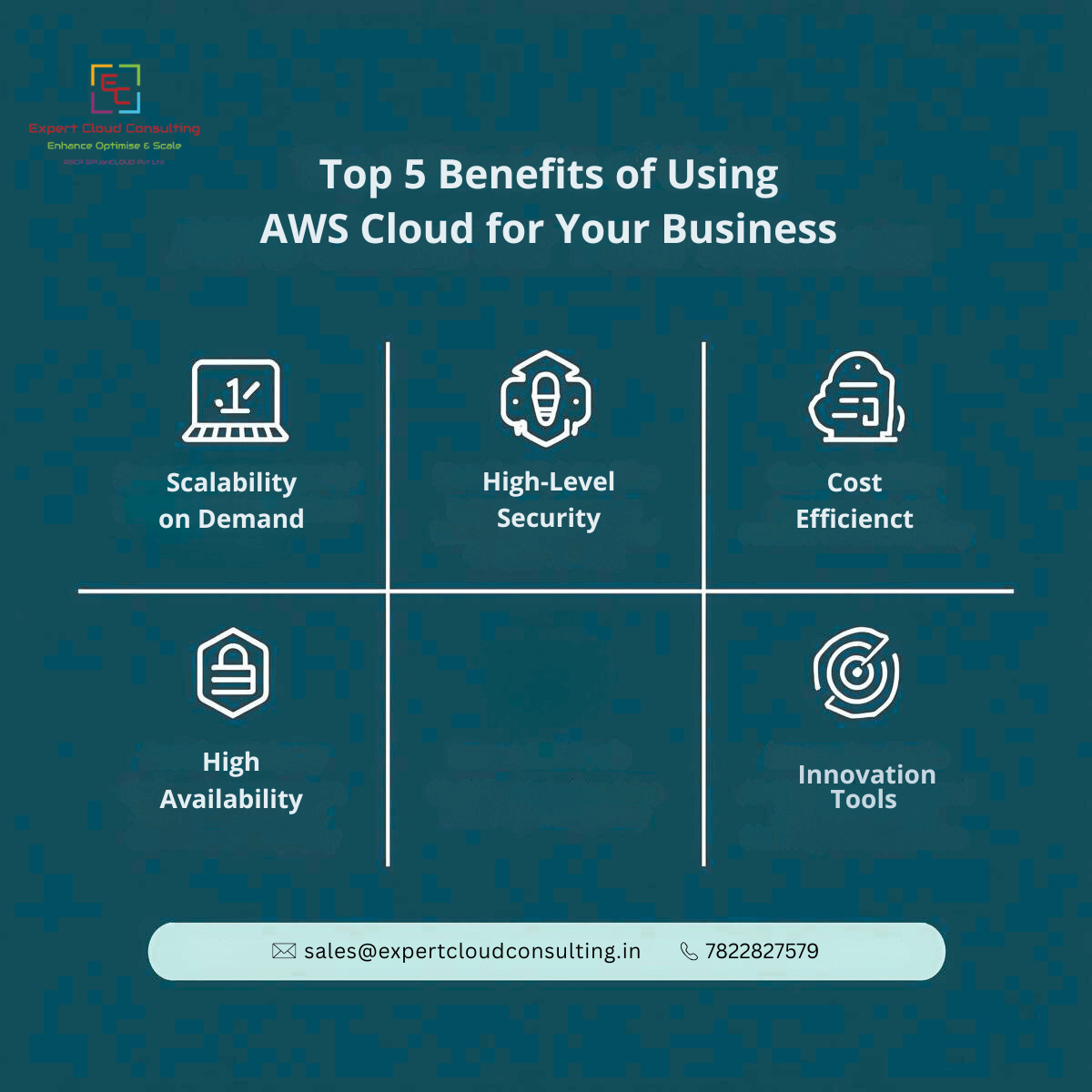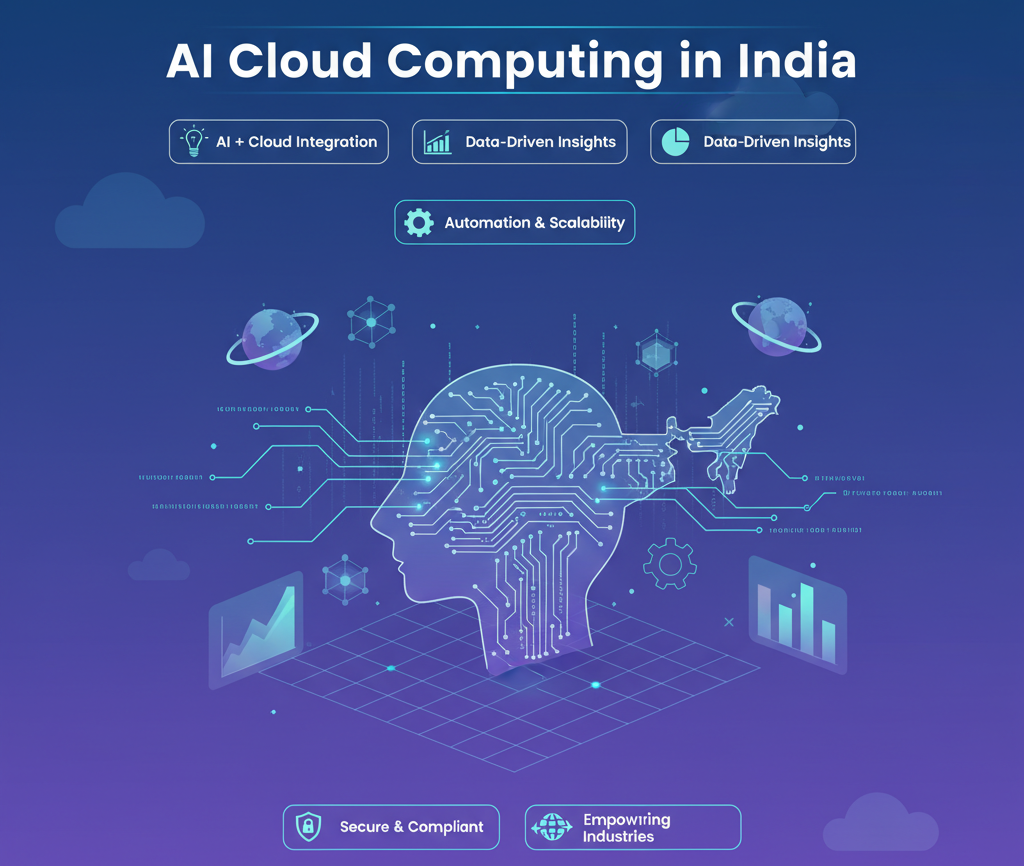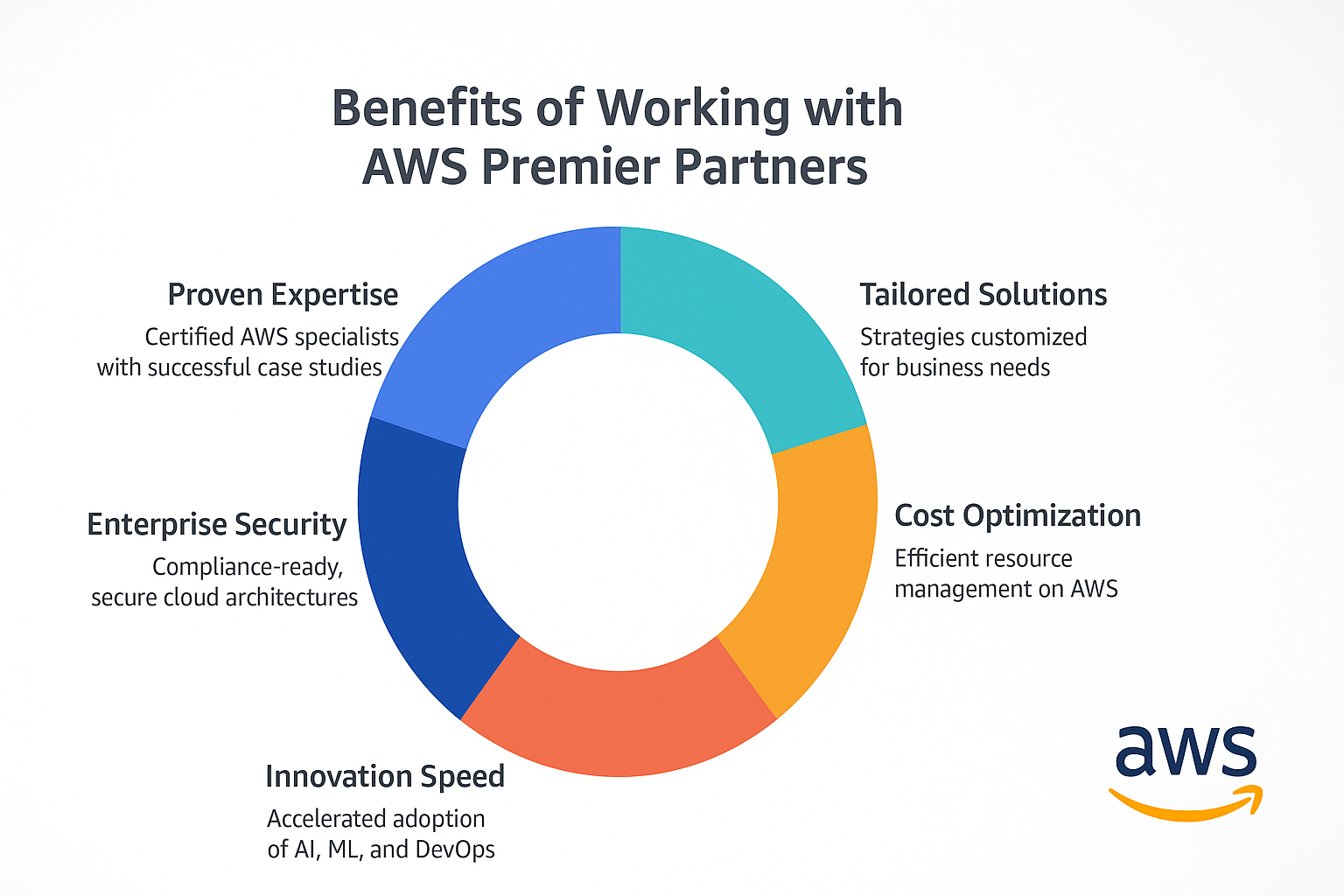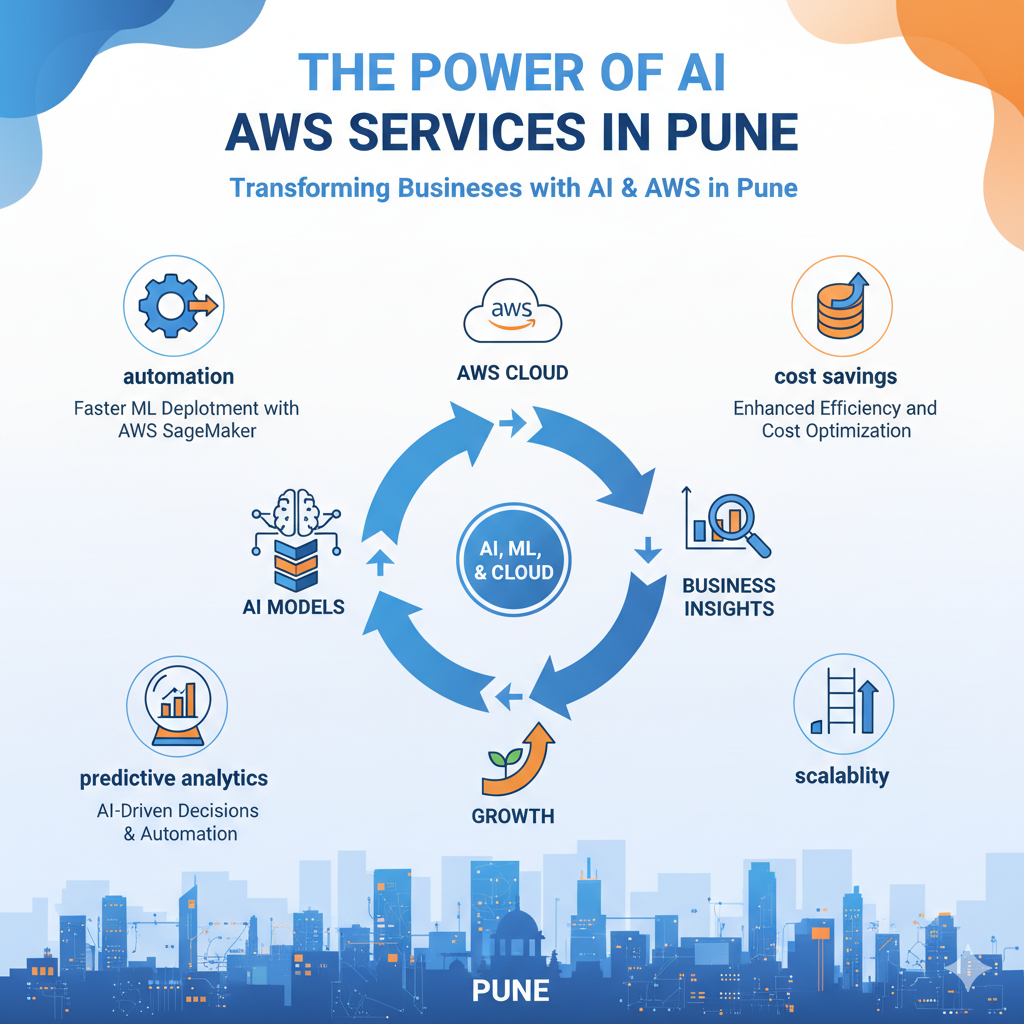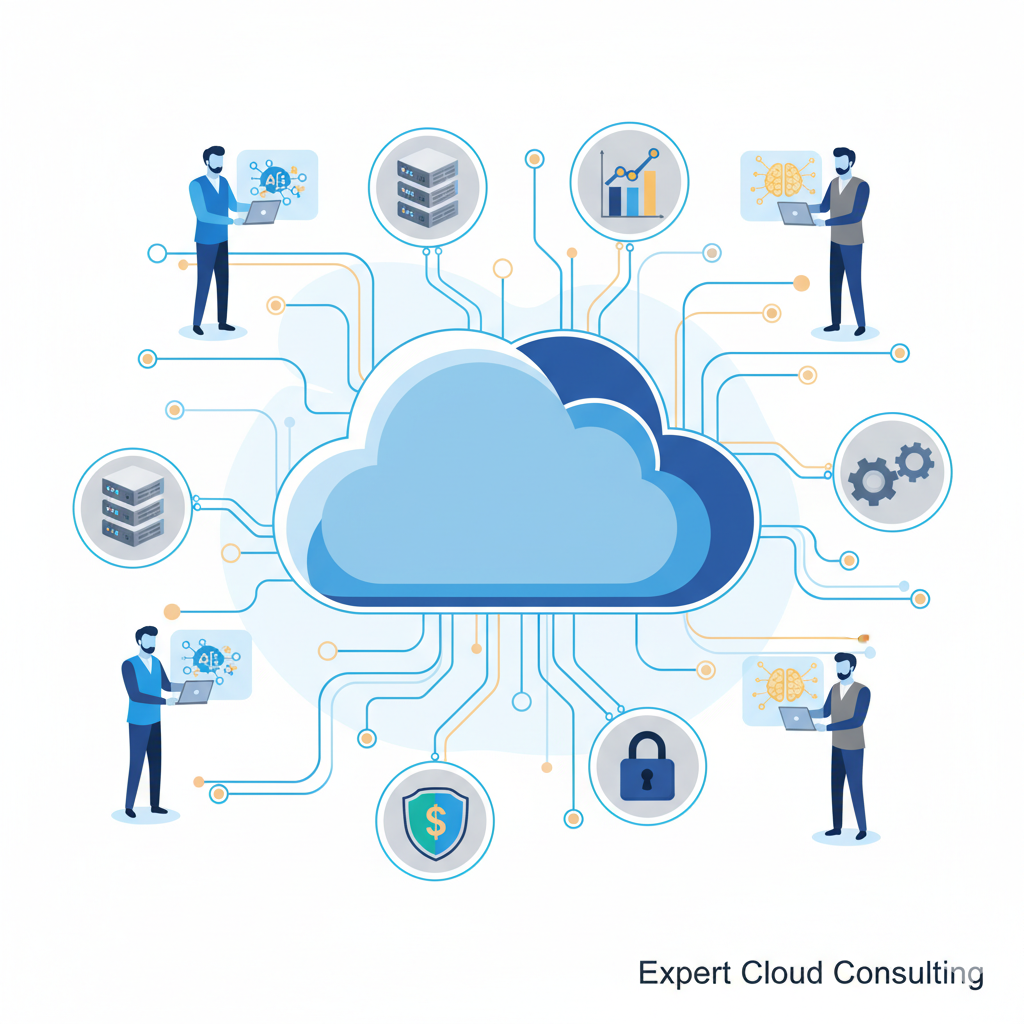Introduction
The healthcare industry is undergoing a digital transformation, with technologies such as electronic health records (EHRs) and telemedicine revolutionizing patient care. However, despite these advancements, one significant challenge persists—processing and analyzing vast amounts of unstructured data efficiently. Patient histories, clinical notes, and medical records often exist in different formats, making real-time data extraction and insight generation difficult. This is where generative AI is poised to transform the way healthcare systems manage, analyze, and act on data.
The Role of Generative AI in Healthcare
Generative AI offers a powerful solution to the complexities of managing unstructured and semi-structured data, which is abundant in the healthcare industry. Hospitals, clinics, and insurance providers regularly encounter non-standardized digital information that often requires manual processing. Generative AI changes the game by automating the extraction and organization of such data, saving time and reducing human errors. At the forefront of this transformation is Amazon Bedrock, which enables healthcare providers to tap into pre-built foundation models (FMs). These models help extract, analyze, and compare medical data with unprecedented speed and accuracy. By leveraging large language models (LLMs), tedious tasks like form comparison, question extraction, and anomaly detection can be automated via a simple API.
Envisioning the Possibilities
The application of AI, particularly through platforms like Amazon Bedrock, opens up new avenues for healthcare providers to improve data management and patient outcomes.By automating these essential steps, healthcare organizations can process high volumes of forms quickly and accurately, reallocating valuable time and resources to more critical tasks such as patient care.
1️⃣Streamlined Data Processing:
AI technology allows for the rapid conversion of handwritten notes, PDFs, and digital files into structured data, significantly accelerating data availability. This makes it easier to integrate this data into electronic systems, streamlining operations.
2️⃣Automated Workflow Management:
By automating workflows based on uploaded data, processes can be initiated and completed without manual intervention, leading to timely updates and reduced administrative overhead.
3️⃣Data Extraction & Standardization:
Advanced AI models can interpret and compare information from multiple forms while adhering to reference standards. This ensures consistency and accuracy in the data, which is critical for analysis and decision-making.
Accuracy and Efficiency Through AI
One of the most significant advantages of using Amazon Bedrock in healthcare is the accuracy it provides. Whether it's comparing a patient’s intake form or processing an insurance claim, AI models like Anthropic Claude 3 ensure that even the smallest details are accounted for. These models extract and compare questions and sub-questions between custom forms and reference forms, identifying matches, mismatches, and potential errors.
Crucially, this AI-driven approach avoids common pitfalls like hallucinations, where AI might infer incorrect information. By relying strictly on extracted data, the system ensures reliability and accuracy in its analysis—leading to better decision-making outcomes.
Real-Time Insights for Better Decision-Making
Once forms are processed and analyzed, AI-generated insights can be delivered in real time via tools like Amazon QuickSight, an interactive data visualization platform. Healthcare professionals can explore these insights, identify trends, and make informed decisions rapidly.
The ability to access real-time data significantly enhances decision-making processes, leading to better patient outcomes, more efficient operations, and improved data management across healthcare systems.
The Broader Impact of AI in Healthcare
Generative AI’s impact on healthcare extends far beyond form processing. As healthcare providers continue to embrace digitization, the applications of AI grow more diverse.
1️⃣Automating Administrative Tasks:
AI can automate repetitive administrative tasks such as processing insurance claims, managing appointment scheduling, and handling billing—freeing up time for healthcare professionals to focus on patient care.
2️⃣Enhancing Clinical Decision-Making:
AI models can analyze vast datasets to uncover trends in patient outcomes, predict disease outbreaks, and assist in treatment planning. This helps providers make more informed and accurate decisions.
3️⃣Seamless Integration with Legacy Systems:
AI capabilities can be integrated with electronic health records (EHRs) to extract data from legacy systems, making previously siloed information more accessible and actionable.
Conclusion
The healthcare landscape is rapidly evolving, and AI is at the forefront of this transformation. Platforms like Amazon Bedrock are empowering healthcare organizations to process, analyze, and act on data in ways that were previously impossible. From streamlining form processing to providing real-time insights, generative AI is unlocking new possibilities for improving patient care, enhancing operational efficiency, and driving better decision-making.
Generative AI is not a far-off concept—it is already reshaping the way healthcare operates today. The question now is not whether AI will revolutionize healthcare, but how soon organizations will fully embrace its potential to enhance their services and outcomes.


